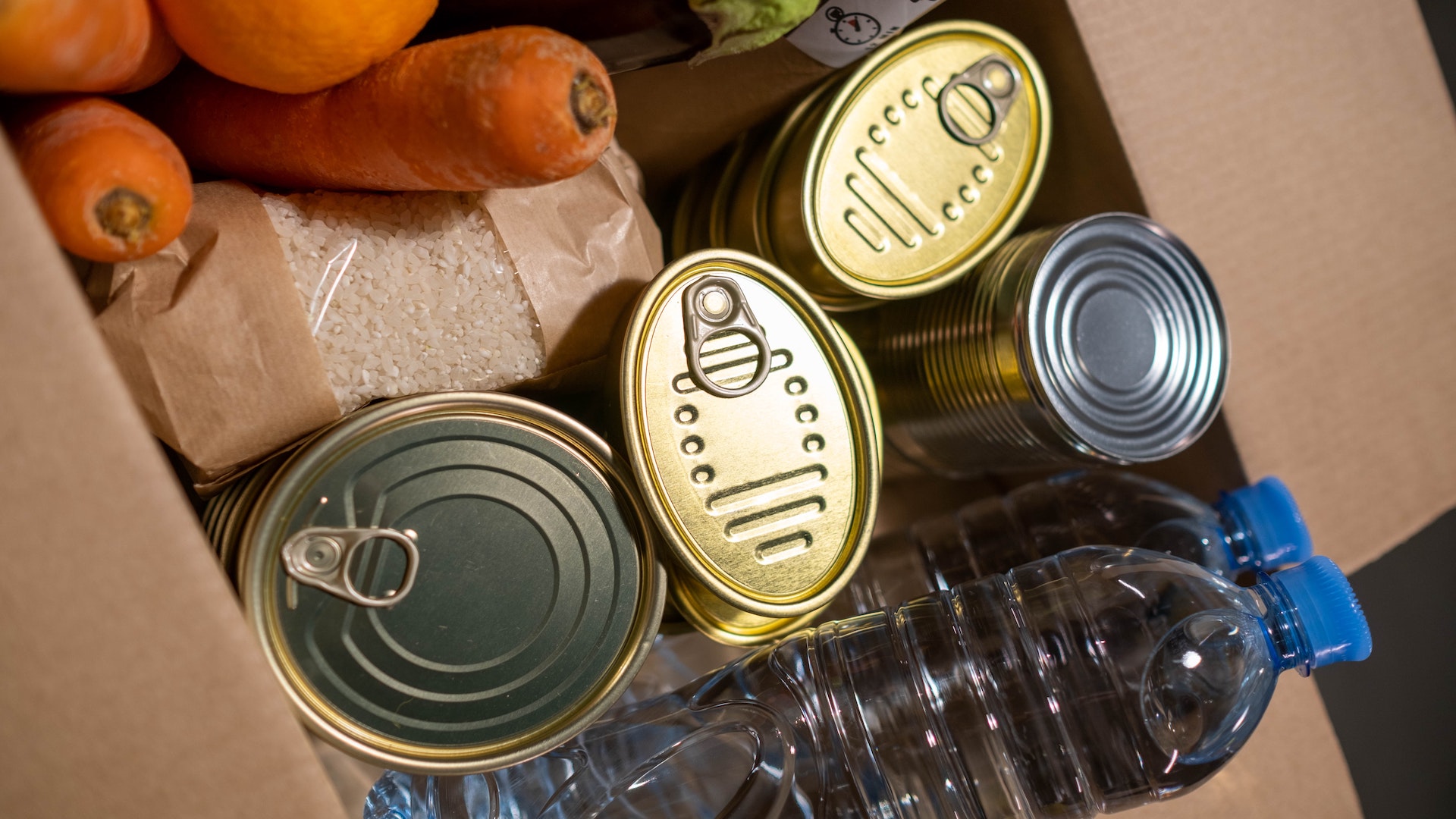And only by increasing wages and strengthening the UK’s welfare system will the Government stop people having to rely on charities for food, they added.
Cutting food waste would mean less had to be produced around the world, the groups said, freeing up space to plant greenhouse gas-absorbing trees and restore nature.
“Our food system is in crisis,” said Anna Jones, head of forests at Greenpeace UK. “Food equivalent to hundreds of millions of meals is thrown away every year while millions live in food poverty and industrial meat production drives global deforestation and biodiversity loss at a catastrophic rate.
“We cannot solve the climate or nature crisis without radically overhauling our food system to make it more efficient, sustainable and fair. Tinkering won’t do.”
Food waste should also cease to be used as a “sticking plaster” for the country’s hunger problem, they said, calling for welfare reforms to ensure everyone can afford good food instead of having to rely on food banks. In recent years there has been an increase in organisations – several of which have backed the manifesto – which direct surplus food from supermarkets to food banks and people in poverty.
But it’s not a long-term solution, the groups said, instead calling for higher wages, a stronger welfare system and rent reforms to support people out of poverty.
Advertising helps fund Big Issue’s mission to end poverty
MPs must back the right to food campaign too, according to the manifesto.
The conflation of the food waste and food poverty problems is setting us back
“The redistribution of surplus food in emergency parcels cannot possibly stop hunger from happening in the first place,” said Sabine Goodwin, Independent Food Aid Network coordinator.
“As more and more people are impacted by poverty and inequality across the UK, it’s clear that the conflation of the food waste and food poverty problems is setting us back. Food waste can’t fight hunger, only systemic change will do that.”
Nearly two million three-day emergency food parcels were handed out at Trussell Trust food banks between April 2019 and March 2020. Nearly 40 per cent of people who received the parcels said they were facing hunger as a result of a low income, while 17 per cent were dealing with delayed benefit payments and 15 per cent were left without cash because of changes in their benefits.
In 2018 as much as £15 million was ringfenced for directing surplus food to people in need. The coalition called this a “fraction” of cuts made to the welfare system since 2010, totalling £34 billion.
“I was involved in helping redistribute surplus food to help people in poverty for nearly a decade,” Martin Bowman, campaigns manager for manifesto founders This Is Rubbish. “During that time, it was heartbreaking to see the number of people going hungry skyrocket, and the millions of tonnes of food wasted in the UK barely decline.
Advertising helps fund Big Issue’s mission to end poverty
“We can’t go on like this, with volunteers and charities picking up the pieces from a broken system. The government has the tools to solve these two distinct problems of food waste and poverty and must now use them urgently.”
The groups will launch briefings to educate MPs on why food poverty and waste is connected, and why they should back the right to food campaign.
Retail, manufacturing and catering businesses taking action to cut food waste – voluntarily – resulted in a decrease from 3.11 million tonnes per year in 2011 to 2.88 million tonnes in 2018, amounting to just one per cent per year.
Only 60 businesses were making their food waste data public in 2020, with 138 logging figures privately and the rest not reporting their food waste records at all.









